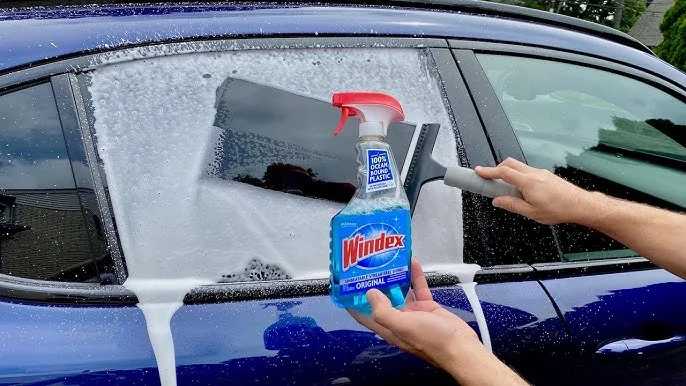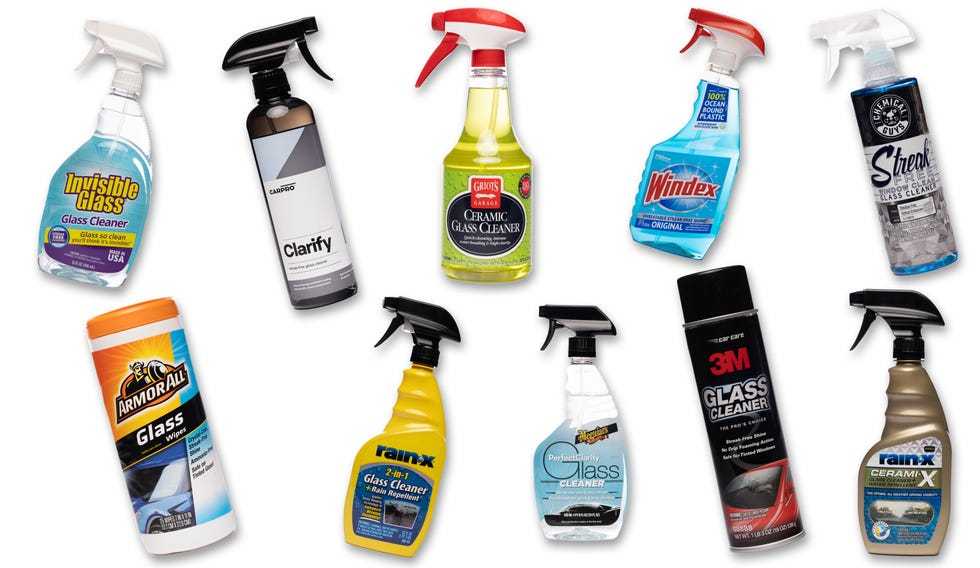Car window tinting can transform your driving experience, offering privacy, comfort, and style — but is it really worth it? The quick answer is that tinted windows can reduce heat, protect your interior, and increase security, yet they might also limit visibility and face legal restrictions. Considering these factors helps you decide whether the benefits outweigh the drawbacks for your specific needs.
Tinted windows in your car can provide a range of advantages, from blocking out harmful UV rays to maintaining your privacy on busy streets. However, they also come with potential downsides like reduced night visibility and compliance issues depending on your location. Weighing these pros and cons can guide you to make an informed choice that enhances your driving comfort without running into legal trouble.
Pros and Cons of Car Window Tint
Introduction to Car Window Tints
Car window tinting involves applying a thin film to the windows of your vehicle. It can offer many benefits but also has some drawbacks. Understanding these positives and negatives will help you decide if tinting is right for your car.
Benefits of Car Window Tint
Protection from Sunlight and UV Rays
Tinted windows block a significant amount of harmful ultraviolet (UV) rays from entering your vehicle. This helps protect your skin and reduces the risk of sun damage. It also prevents your car’s interior from fading or cracking due to prolonged sun exposure.
Increased Privacy and Security
With tinted windows, you and your belongings are less visible from outside. This added privacy deters thieves from targeting your vehicle. It also makes it harder for people to see inside, reducing the temptation for theft.
Reduces Glare and Improves Comfort
Tinting minimizes the glare from the sun and headlights of other vehicles, making driving safer. It also keeps the interior cooler by blocking out the heat, making your ride more comfortable, especially in hot weather.
Enhances Vehicle Appearance
Many people find that tinted windows improve the look of their car. They give the vehicle a sleek, stylish finish that can increase its overall aesthetic appeal. This upgrade can also boost the car’s resale value.
Protection of Interior Surfaces
UV rays can cause upholstery and dashboards to fade or crack over time. Tinted windows reduce this damage, helping your car maintain its new look longer.
Disadvantages of Car Window Tint
Legal Restrictions and Regulations
Different regions have laws about how dark your window tint can be. Violating these rules may result in fines or being forced to remove the tint. It is important to check local laws before tinting your windows.
Potential for Reduced Visibility
Some tints can make it harder to see clearly, especially at night or in low-light conditions. This can affect your safety and increase the risk of accidents.
Cost of Installation and Maintenance
High-quality tinting materials and professional installation can be expensive. Over time, the tint may peel or fade, requiring repairs or replacement, which adds to ongoing costs.
Difficulty in Reversing or Removing
Removing tinted film can be a difficult task. It may involve peeling or sanding and could damage the window if not done properly. This makes it less flexible if you want to change or remove the tint later.
Potential for Quality Issues
Not all window tints are created equal. Poor-quality films may bubble, peel, or turn purple over time. Choosing the right brand and professional installer is important to avoid these problems.
Types of Car Window Tints
Dyed Window Tint
This is the most common type, made from a layer of dye between adhesive and the film. It offers good privacy and sun protection but may fade faster over time.
Metalized Window Tint
It contains tiny metallic particles that reflect heat and eliminate glare. It is durable and effective but can interfere with signals for GPS and mobile phones.
Carbon Window Tint
This type uses carbon particles, providing high heat rejection and UV protection without interfering with signals. It is more expensive but lasts longer.
Ceramic Window Tint
Considered the best quality, it uses ceramic particles to block heat, UV rays, and glare. It is highly durable, non-reflective, and does not interfere with electronic signals.
Factors to Consider Before Tinting
Legal Compliance
Ensure the tint complies with local laws. Check the permitted tint darkness and reflectivity levels.
Quality of Materials
Invest in high-quality films for durability and better protection. Cheaper films may be more affordable upfront but could cost more in repairs later.
Professional Installation
Hire experienced installers to ensure the tint is applied smoothly and without bubbles or wrinkles. Proper installation affects the longevity and appearance of the tint.
Budget and Cost
Determine your budget beforehand. Remember that higher quality tint offers better heat rejection and durability but costs more.
Related Topics and Additional Considerations
Maintenance of Tinted Windows
Use mild soap and water for cleaning. Avoid abrasive materials that can scratch or damage the film.
Impact on Insurance
Check if tinting affects your car insurance policy. Some insurance providers may have restrictions regarding tinted windows.
Environmental Benefits
Tinting can reduce the need for air conditioning, which saves fuel and reduces emissions. It contributes to a more energy-efficient ride.
Alternatives to Window Tinting
Consider using sunshades or UV protection sprays as less permanent options. These can offer some benefits without the commitment of window film.
Summary of Pros and Cons
| Pros | Cons |
|---|---|
| Blocks UV rays, protects interior | Legal restrictions vary by location |
| Reduces glare, improves driving comfort | Can impair visibility at night |
| Enhances privacy and security | Installation costs can be high |
| Better vehicle aesthetics | Possible quality issues with cheaper films |
| Helps keep interior cooler | Reversing or removing tint may be difficult |
Choosing to tint your car windows offers many benefits, such as UV protection, privacy, and added style. However, it is essential to weigh these advantages against potential drawbacks like legal restrictions and costs. Carefully selecting quality materials and professional installers will ensure you get the most value and satisfaction from your tinting experience. Remember to research local laws and consider your specific needs before moving forward.
How to Choose the RIGHT Window Tint | Don't Make A Mistake
Frequently Asked Questions
What are the main benefits of applying window tint to a vehicle?
Applying window tint can reduce glare from the sun, making driving more comfortable. It also provides increased privacy and can improve the vehicle’s appearance. Additionally, window tint helps block harmful UV rays, protecting your skin and interior surfaces from damage over time.
How can car window tinting potentially impact visibility at night?
While window tinting reduces glare during the day, it can also limit visibility in low-light conditions like night driving. This reduced visibility might make it harder to see pedestrians, road signs, or other vehicles, potentially increasing the risk of accidents if the tint is too dark.
Are there any legal restrictions on window tinting in different regions?
Yes, many areas enforce specific laws regarding the allowable darkness and reflectivity of window tint. These restrictions aim to balance driver privacy with safety, ensuring that all drivers maintain sufficient visibility. Always check local regulations before choosing a tint level for your vehicle.
What are some potential drawbacks of choosing very dark window tint?
Very dark tints can significantly reduce visibility, especially at night or in bad weather, which can compromise safety. They may also attract fines or penalties if they violate local laws, and dark tints can make it harder for others to see into your vehicle, raising safety concerns.
Does window tinting affect the resale value of a vehicle?
In some cases, window tinting can positively influence resale by enhancing the vehicle’s appearance and privacy features. However, if the tint is too dark or professionally installed poorly, it might deter potential buyers or lead to additional costs for removal, which can negatively impact resale value.
Final Thoughts
The pros and cons of car window tint highlight several key points. Tints reduce glare and heat, making driving more comfortable and protecting interior surfaces. However, they can limit visibility at night and may be restricted by laws in some areas.
While tints offer privacy and UV protection, darker films can sometimes interfere with radio signals or emergency communications. Overall, weighing these advantages and disadvantages helps decide if tinting fits your needs.



